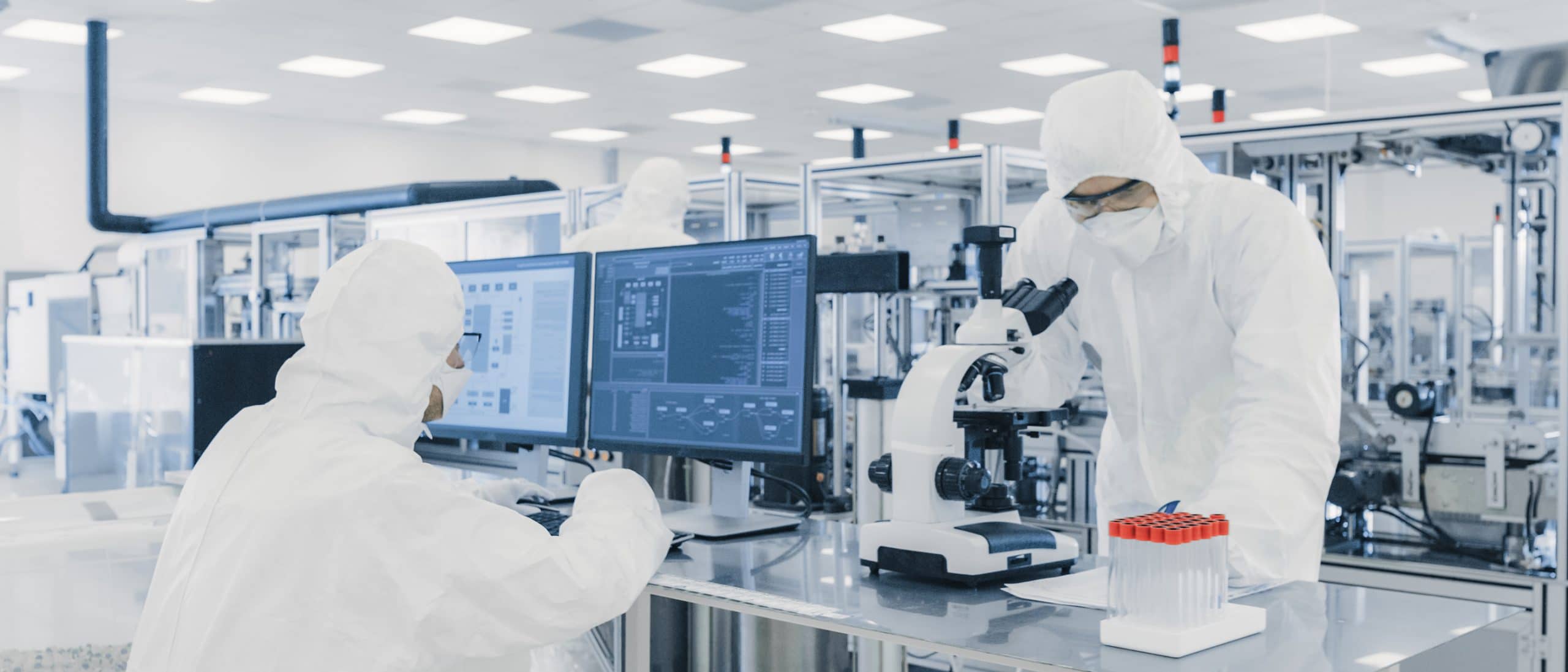Lung Cancer and Addiction
Addiction encompasses a complex illness that involves a person's uncontrolled use of harmful substances without regard to outcome. This chemical dependency will spread to other parts of the person’s life and inhibit their ability to function and thrive. Besides impairing day-to-day activity in previously healthy individuals, addiction can also have a heavy impact on lung cancer patients and tumor development.

How Addiction Can Affect Lung Cancer Patients
A patient’s addiction to toxic substances can increase their risk for tumor development. This is because certain drugs contain carcinogens or cancer-causing agents that can eventually cause healthy cells to mutate and grow out of control, forming malignant tumors. A person who develops aggressive lung cancer and is prescribed pain relief medicine may also develop a dependency on it. When patients struggle with substance abuse disorder (SUD) and also have lung cancer, doctors will stop prescribing pain medications. Not to mention some patients can also develop a dependency or resistance to certain treatments. Lung cancer patients with addiction symptoms who experience severe pain could consider alternative or complementary palliative therapies to help manage it. Doctors usually won’t prescribe pain medications to patients that struggle with addiction.
Complementary Treatments and Therapies for Lung Cancer
If the patient has a history of drug dependency, their physician may deny pain management medications. If this happens, the patient may ask them about alternative options. Depending on the stage of lung cancer, overall health, and age, the doctor may recommend the following complementary therapies:
- Acupuncture
- Meditation
- Yoga
- Massage
- Reflexology
- Therapeutic Touch
Be wary of supplemental products or people that claim to have a miracle or solution to cancer. Raise red flags if the company offering complementary treatments makes bold claims like:
- They will completely cure your lung cancer
- Advise you against primary cancer treatments
Your physician will recommend alternative therapies based off several variables. Don’t buy supplements from a company your doctors advise against, or that is not well known.
External Substance Addiction
People are at higher risk for developing lung cancer when they have an addiction to one or more substances. This is because several drug compounds contain cancer-causing substances. External substances that researchers connected to cancer in the past are:
- Tobacco
- Alcohol
- Sedatives
- Steroids
- Opioids
- Stimulants
- Inhalants
People addicted to inhalants, tobacco, or other smokable drugs are the highest risk for lung disease, since toxins are being introduced directly to lung tissue. Workers with SUD that also encounter occupational exposure to toxins compound their risk for lung disease further. Occupational risks involve exposure to carcinogens like asbestos, radon, uranium, and carbon dioxide, among others.
Substance Abuse and Oxidative Stress
Addiction and related substance abuse can cause the body to undergo oxidative stress. When the body experiences this, it has an imbalance of antioxidants and reactive oxygen species (ROS). ROS are unstable (radical) molecules the body needs to facilitate chemical reactions because of how well they react with other molecules. They’re also referred to as free radicals. Antioxidants are molecules that stabilize free radicals by donating an electron to them. Furthermore, when the body goes through oxidative stress, ROS builds up and can cause illnesses like lung cancer to develop. While a person does need some ROS to encourage homeostasis, too much can build up from SUD when the patient routinely ingests or inhales cancer-causing chemicals. Dangerous ROS buildup can be caused by exposure to smoke from tobacco, various illicit drugs, radiation, pesticides, or environmental smog and pollution.
Dependency on Lung Cancer Treatments
Addiction, also known as substance abuse disorder can impact lung cancer patients from multiple angles.
Pain Medications
Opioid addiction can happen after a patient develops lung cancer. Doctors usually prescribe strong pain relief medications when lung cancer patients have chronic pain from aggressive tumors. The issue with “strong” opioids, is they are also highly addictive. While not all patients will become dependent on these medications, some will. Even when used correctly, tolerance of pain medications can occur over time, and the patient may crave more to feel minimal pain relief.
NRF2 Supplements
Nrf2 is a protein the body produces naturally, which helps reduce oxidative stress in the body. Some cancer patients use Nrf2 supplements as a complementary therapy to boost their body’s defense against oxidative stress. However, they may not realize that excessive Nrf2 stimulation can eventually cause cancer cells to develop therapeutic resistance or “Nrf2 addiction”. Cells that have Nrf2 addiction are resistant to anti-cancer treatments like chemotherapy and radiation. Further tumor development may also occur. Scientists are developing ways to stimulate other immune system processes that still target cancer cells to avoid further complications.
Next Steps
SUD is a condition that may feel impossible to overcome, reach out to your physician or local health care facility. They will have helpful resources available. Other helpful addiction resources for lung cancer patients include:
Substance Abuse and Mental Health Services Administration (SAMHSA)
- # 800 662 HELP (4357)
- National helpline created by the U.S. Department of Health and Human Services.
- # 800 813 HOPE (4673)
- An organization that provides free, professional support for lung cancer patients.


